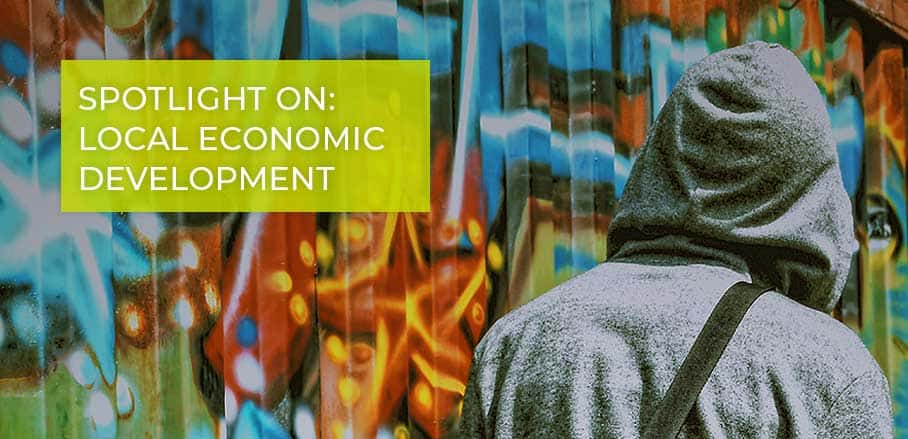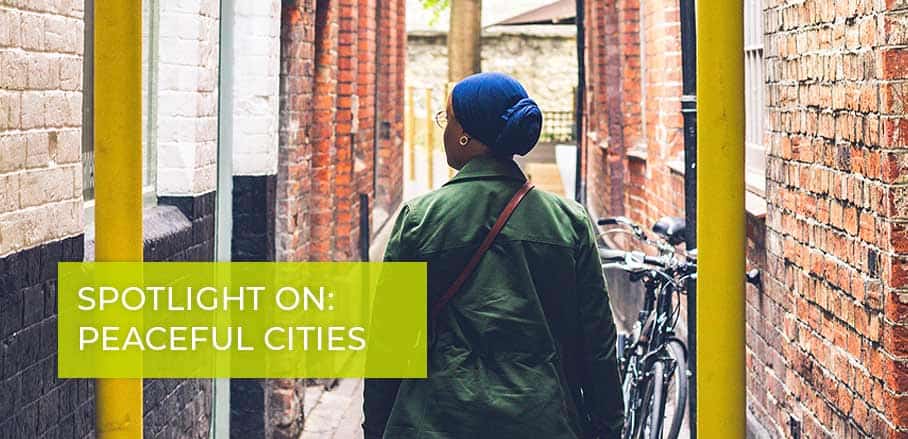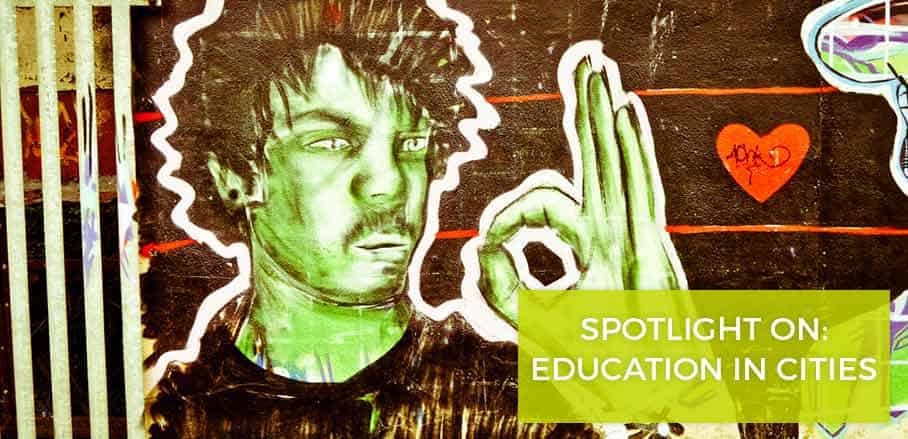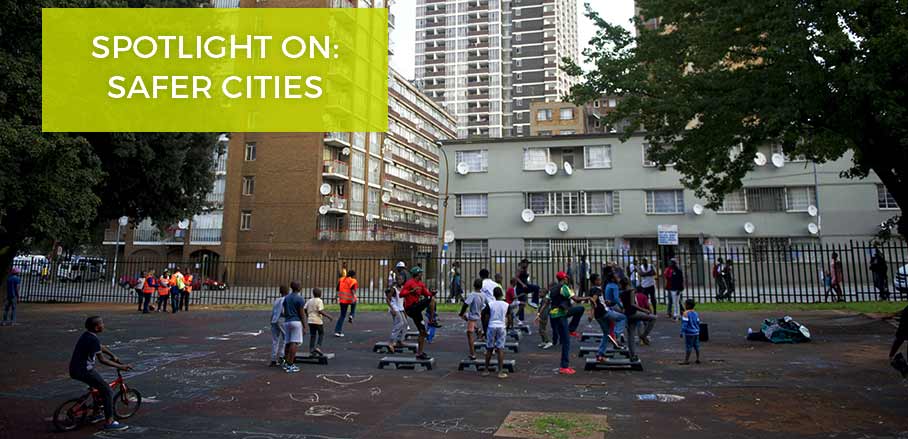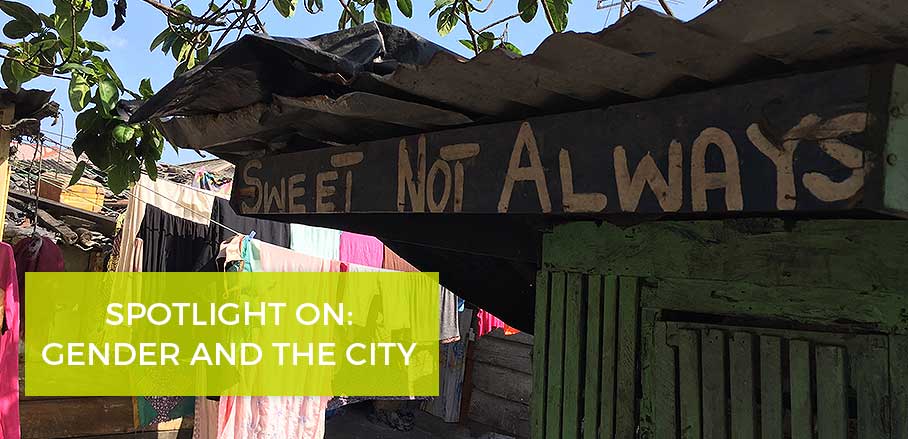Reducing Youth Crime Through Employment? An Example from Papua New Guinea
Port Moresby, Papua New Guinea has high rates of youth crime – and an employment programme aimed at changing this to the better. How effective are such programmes? Oleksiy Ivaschenko presents the findings of his recent study to URBANET.
